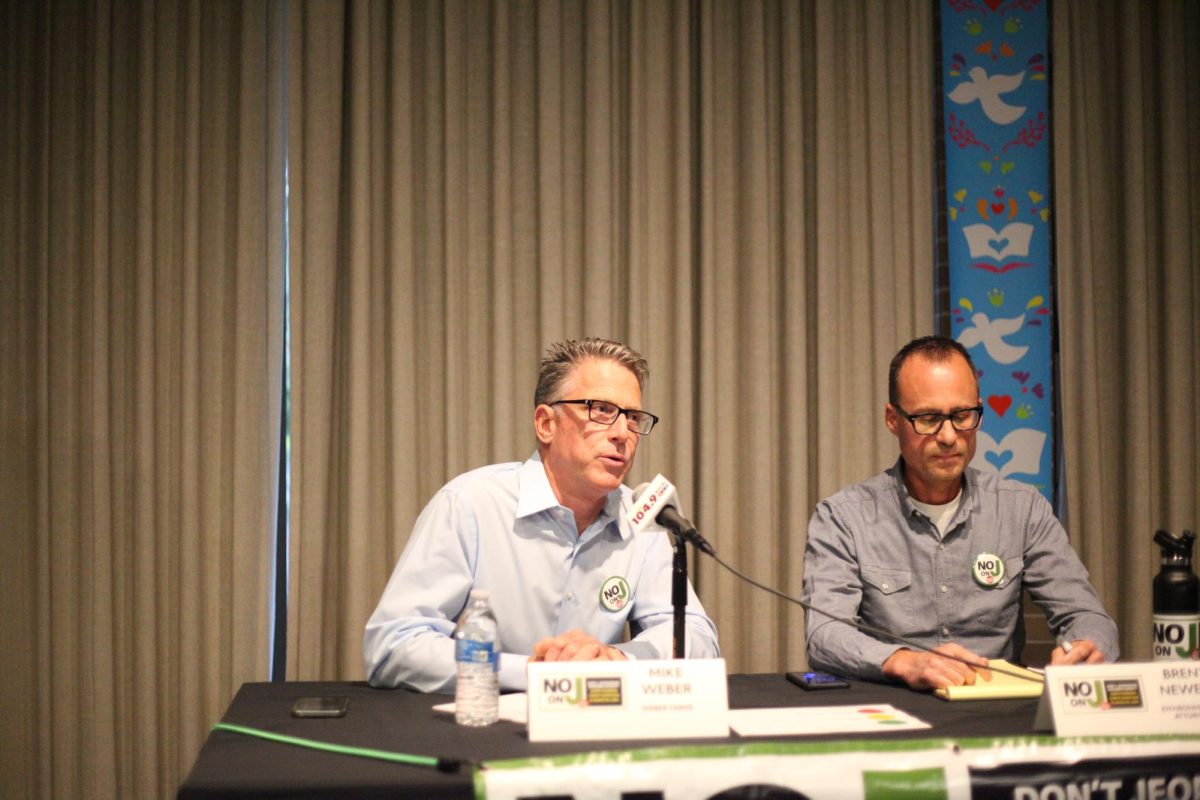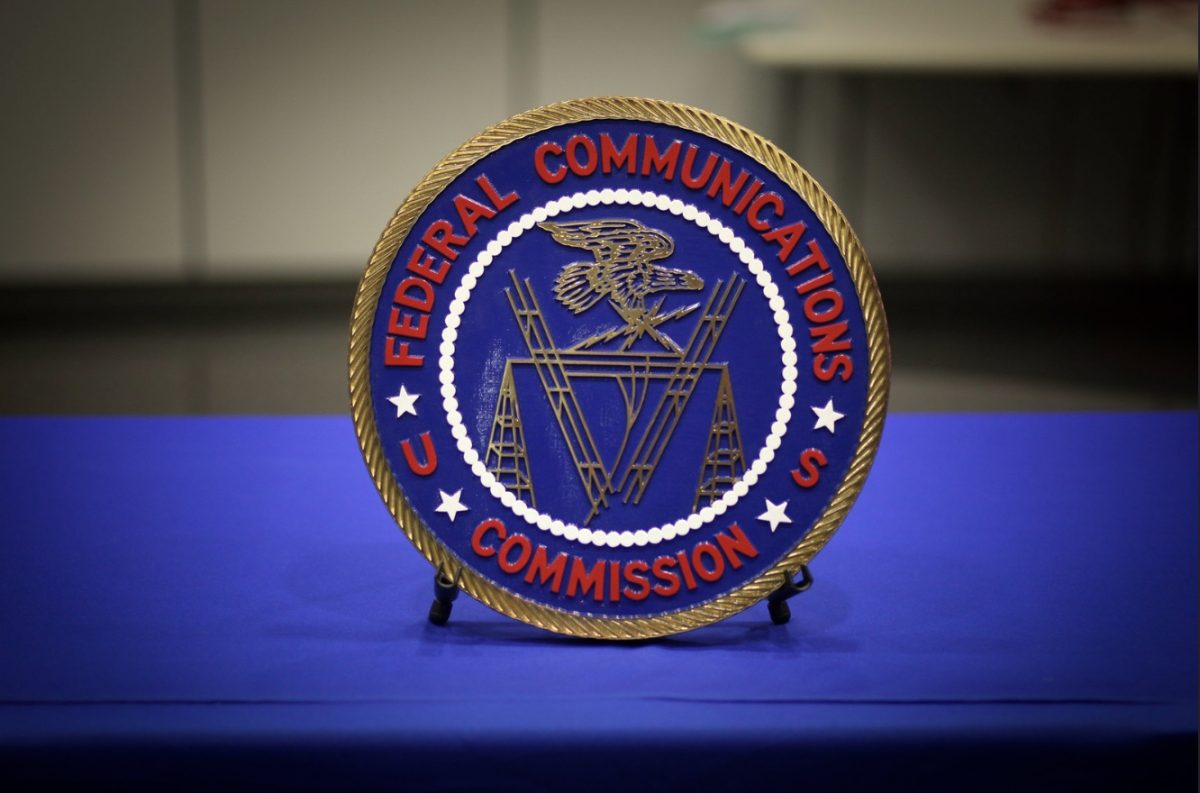The Federal Communications Commission is beginning the revival process of net neutrality causing a lengthy legal battle. The most recent vote was held on Oct. 19, finalizing a 3 to 2 result in favor of moving forward with the proposal to restore open internet rules and regulations.
The FCC is making efforts to revive net neutrality, which was dismantled several years ago. According to the FCC website, net neutrality is the principle that internet service providers (ISPs) should treat all data on the internet equally without discriminating or charging differently based on content, source, or user.
Commissioner Maria Ramirez, known for her advocacy of net neutrality, is leading this initiative with bipartisan support from fellow commissioners. Ramirez said net neutrality is “vital for preserving freedom of expression, innovation, and ensuring a level playing field on the internet.”
The move comes in response to widespread public demand and concerns about the erosion of an open and equal internet. Users have protested against ISPs throttling content and imposing extra charges for access to specific websites. Set up in 2015 by the Obama administration, a set of net neutrality rules were established and internet service providers equally enabled all access to information on the web. This was done without blocking, throttling, or paid prioritization to any website, information or application.
In late 2017, the Trump administration repealed these rules, which created the ability for internet service providers to freely slow down certain websites or applications and to censor
online content. According to CNBC, former chair- man of the FCC Ajit Pai, argued against net neutrality because he saw it as a, “heavy-handed regulation unnecessary to address then purported issues.”
The FCC’s decision to reinstate net neutrality can indicate that they see the importance of collective action and the internet’s role as a platform for democracy and progress. The renewed commitment to net neutrality could ensure an open and equal internet landscape where information, opportunities, and ideas flow freely, potentially benefitting users, content creators, and the digital ecosystem as a whole.
The absence of net neutrality regulations can potentially lead to slower internet services for some users, according to the Associated Press. When net neutrality is not in place, several practices can impact internet speed and quality for certain users or specific online services which include throttling, paid prioritization, data cap and content blocking.
Though net neutrality was dismantled in 2017, it has been up for debate for multiple years. High profile cases include Verizon vs. Google in 2006, Netflix vs. Comcast, and Google and Verizon vs. Facebook in 2010. According to a case study conducted by Stanford University, U.S. Congress has also seen various bills over the past several years pertaining to Net Neutrality, and the positions of representatives and senators seem to be generally split along party lines.
Democrats tend to vote in favor of adding net neutrality regulations, while Republicans generally oppose them. These legal battles typically revolve around the enforcement or reversal of net neutrality regulations and policies. Legal battles in the realm of net neutrality entail complex legal arguments and debates around regulatory jurisdiction, antitrust, consumer protection, and free speech rights.
Sonoma State University, like other educational institutions, depends on a free and open internet for academic and research needs. Net neutrality, which requires internet service providers to treat all online content equally was repealed in 2017.




































